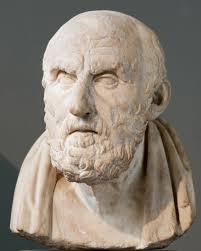We intend Self-control as the Latin ‘temperantia’.
SELF-CONTROL is only obtainable after a long and sometimes painful SOUL-SEARCHING. It means that this virtue to regulate one’s emotions, thoughts, and behaviours needs a good knowledge of oneself. He who knows his own limits can gradually develop SELF-CONTROL and then be able to stop impulses and swift reactions.
The “government of the soul” is impossible without an understanding of the soul, that is an understanding of the self. It is often advisable to be accompanied, on this challenging way, by the GUIDANCE of experienced MASTERS. Notably, a teacher is important at the very beginning (when confusion is abundant).

We intend Self-control as the Latin ‘temperantia’. A thorough and infallible SELF-CONTROL is maybe too high a goal for human beings. But – as it is the case with many other philosophical prescriptions – the path is more important than the final target.
In conclusion, we should keep in mind one point. SELF-CONTROL is in no way the annulment of passions and emotions. Such an operation would imply a dramatic distortion of our human nature. Instead, it is a smooth regimentation of the very natural passions and emotions that every common person is made of.
This is Sokratiko’s way to interpret the notion of SELF-CONTROL. Please continue to browse our list of philosophical TOPICS by clicking on the other entries of our list.
